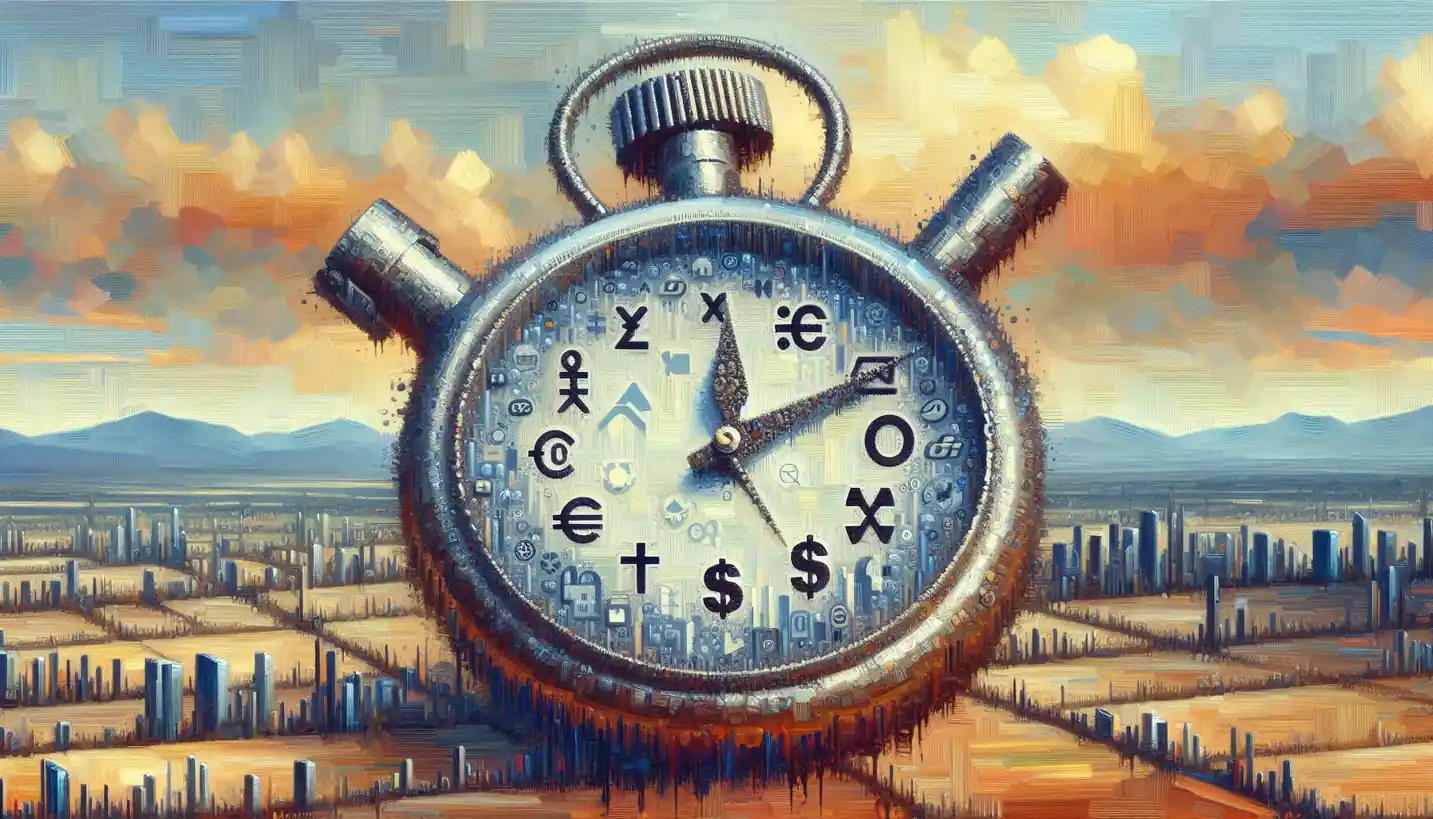· Economics · 4 min read
Reciprocity in Experimental Economics: Understanding Human Behavior
Reciprocity is a fundamental element of human interaction in economics. Delve into how mutual exchanges shape our economic decisions and behaviors.

Nowadays, it’s fascinating how we interact with one another. At the core of these interactions lies a concept called reciprocity, a fundamental part of experimental economics. Let’s dive into this idea, breaking it down into relatable terms to see how it shapes our decisions and social dynamics.
What Is Reciprocity?
Imagine you’re at your local coffee shop, and someone ahead in line pays for your coffee. Feeling grateful, you decide to pay it forward for the person behind you. This is reciprocity in action—a mutual exchange of actions and benefits. In economics, it reflects the tendency of individuals to respond to friendly or unfriendly actions with similar behavior.
Positive and Negative Reciprocity
Reciprocity isn’t just about returning positive acts; it also includes negative responses. If someone cuts you off in traffic, the urge to retaliate is an example of negative reciprocity. In economic terms, it’s the idea that we reward kindness and punish unkindness, influencing markets and negotiations beyond mere profits.
The Role of Reciprocity in Experimental Economics
Experimental economics uses controlled experiments to study how people make decisions. Reciprocity comes into play as researchers aim to understand trust, fairness, and cooperation. By observing these interactions in controlled settings, economists can uncover patterns in human behavior that traditional theories might overlook.
The Ultimatum Game
One famous experiment illustrating reciprocity is the Ultimatum Game. Imagine two people are given a sum of money. The first person decides how to split it, and the second can either accept or reject the offer. If rejected, neither person gets anything. Traditional economics predicts that any non-zero offer should be accepted since something is better than nothing. Yet, people often reject low offers out of fairness, showcasing reciprocity at work.
The Trust Game
Another classic scenario is the Trust Game. Here, one player receives a sum of money and can send any portion to a second player. The amount sent is tripled, and the second player can return any amount back. Trust and reciprocity are measured as the first player’s willingness to send money and the second’s decision to return a fair share. It highlights how trust and reciprocation go hand-in-hand in economic interactions.
Importance of Reciprocity in Economics
Understanding reciprocity is crucial because it drives many economic decisions. Not everything is about profit maximization; human interactions also hinge on fairness and trust. By appreciating these elements, economists can create models that better reflect actual human behavior, potentially leading to more effective policies.
Real-world Applications
Reciprocity influences various real-world scenarios, from workplace dynamics to customer relationships. In business, companies that treat their workers well often see higher productivity as employees reciprocate kindness with hard work. Similarly, brands that build trust with customers enjoy loyalty and repeated business.
How Reciprocity Shapes Societies
Reciprocity isn’t limited to individual transactions—it’s a societal glue. Communities thrive on mutual support, where members share resources and support each other. This behavior can be seen in humanitarian efforts, where assistance is often reciprocated with gratitude and cooperation, promoting social welfare.
The Biological Aspect
Interestingly, reciprocity isn’t solely a human trait. Many animals exhibit reciprocal actions, ensuring survival and cooperation within groups. For instance, certain primates share food, expecting the gesture to be returned when needed. This biological perspective underlines how deeply ingrained and advantageous reciprocity is across species.
Future Directions and Questions
Reciprocity continues to intrigue economists and social scientists. Ongoing experiments aim to explore its limits and variations across cultures. Questions arise: How does technology, like social media and digital transactions, affect our sense of reciprocity? Do online interactions weaken or strengthen these age-old instincts?
Cultural Differences
Different cultures interpret reciprocity uniquely. Some prioritize community welfare, while others are more individualistic, affecting how reciprocity is perceived and practiced. Understanding these cultural nuances is vital for global cooperation and economic policies.
Conclusion: The Power of Reciprocity
Wrapping up, the concept of reciprocity is more than just a reaction; it’s a cornerstone of human behavior affecting our economic systems and societies at large. By studying it through experimental economics, we gain insights into the intricate dance of human interaction, paving the way for models and policies that reflect our true nature.
Reciprocity teaches us that while monetary gain is vital, trust, fairness, and shared values hold significant weight. Recognizing this balance can lead to more cohesive societies and economies that benefit everyone. Whether it’s a simple act of kindness or complex international trade, reciprocity plays an inevitable, influential role in shaping our world.

